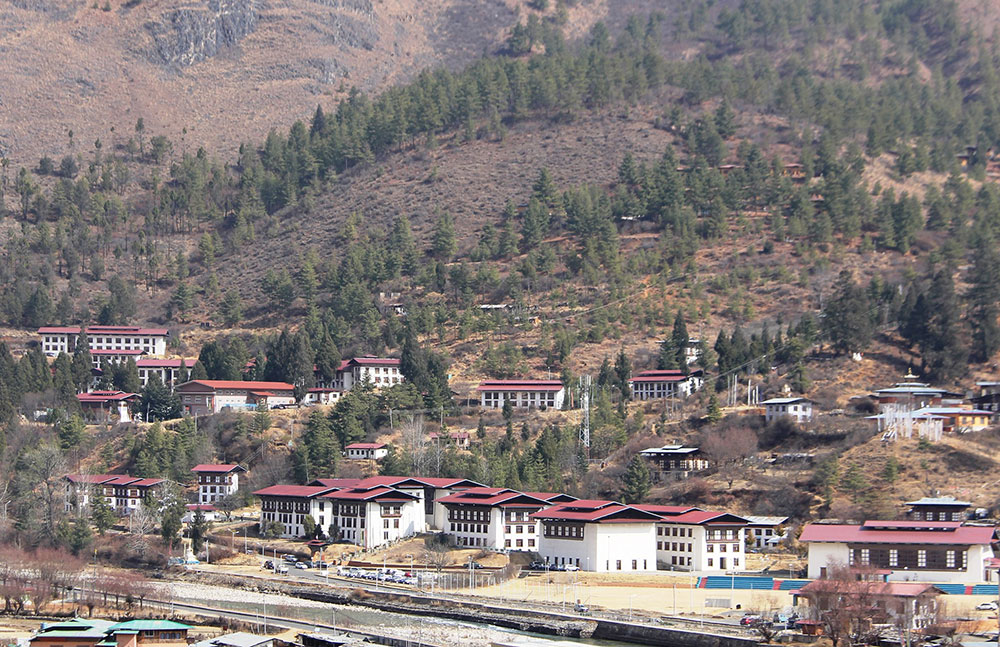
Amidst the ongoing concern over severe shortages of teachers in schools nationwide, there is an increasing public discussion about whether employing B.Ed graduates could effectively tackle these vacant positions.
The public discussion surfaced following the government’s formation of a committee to explore the regularisation of contract employees, a matter that was previously abandoned by the former government due to policy constraints.
People are asking why allowing trained teachers easier entry into civil service is difficult if the government can undertake such challenging reforms.
Trainees are hopeful for changes under the new government and with the establishment of the new RCSC.
Initially, B.Ed graduates did not have to sit civil service exams.
A teacher in Samtse said that civil service exam and other screening processes became mandatory due to an excess supply of teachers.
“In the past, the teacher attrition rate was not high, and to manage the surplus teachers beyond the market demand, the RCSC exam served as a filter,” he said.
With changes in enrollment policies at the Royal University of Bhutan (RUB), B.Ed trainees at institutions such as Samtse College of Education (SCE) and Paro College of Education (PCE) are now selected at the beginning of the admission process, ahead of admissions for other colleges.
The rationale behind this initiative, as previously stated by the RUB, is to enhance the attractiveness of the teaching profession by admitting only high academic achievers into the teacher training programmes.
Now, high-achieving students are joining teaching programs and getting four years of training. But they feel it’s unfair because, despite their skills, they have to face tough scrutiny in different areas during the RCSC.
However, if they don’t pass the RCSC, their future is at risk because they are specialised in teaching and have limited job options compared to other graduates.
Although the RCSC now lets candidates sit for civil service exam multiple times to increase their chances of getting through, it has not worked well for B.Ed graduates.
When B.Ed graduates are hired for contract positions, it demoralises them as they feel it is unfair. Despite completing extensive four-year courses, they still don’t have a secure future.
This is why many B.Ed graduates in contract positions have left for other opportunities. Being placed in the same status as general graduates or with a different contract makes them regret their decision.
A teacher in Dagana said that once trainees are enrolled in the four-year courses, they undergo rigorous training in teaching and RCSC is not mandatory for them.
He added that now the trainees are selected first, taking only the high achievers and when they are tested solely on Dzongkha, English, and aptitude during the RCSC, it cannot truly define their ability in the teaching profession.
He pointed out that while the viva tests assess speaking skills, they do not evaluate actual teaching abilities. This, he added, gives an advantage to individuals who are fluent speakers.
He questioned why, despite the pressing need for teachers, the RCSC prioritises screening processes, and some individuals aren’t even hired on contract.
He suggested that to enhance education quality, the education ministry should have autonomy, creating its own regulations.
The teacher believes that such a development could help alleviate the issue of teacher shortages, as it would streamline the recruitment processes and administrative procedures, leading to quicker hiring.












